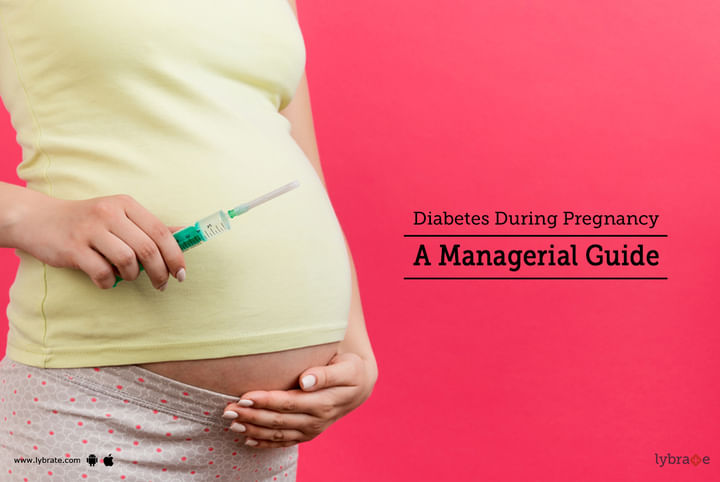Diabetes During Pregnancy: A Managerial Guide
Pre-existing diabetes is a condition that refers to either Type 1 or Type 2 diabetes mellitus before becoming pregnant. This happens when your body contains too much glucose or sugar in the blood.
If left unmanaged, pre-existing diabetes can affect the health of the mother as well as the baby.
Risks to the Mother’s Health
Would-be mothers are at risk of the following due to pre-existing diabetes –
-
Premature labour
-
Miscarriage
-
Preeclampsia and high blood pressure
-
Increased risk of bladder and other infections
-
Deterioration in certain conditions/organs, such as the eye, heart, kidney and nerves due to diabetes
Risks to the Baby’s Health
Pre-existing diabetes can cause increase your baby’s chances of developing certain health problems, like the following –
-
Stillbirth
-
Abnormally large in size at birth (enlarged organs)
-
Jaundice
-
Birth defects or developmental disabilities, like Autism spectrum disorder
-
Obesity in later life
-
Respiratory distress syndrome
-
Polycythemia and hypoglycemia
How to Manage Pre-existing Diabetes during Pregnancy
Pre-existing diabetes can be managed with healthy lifestyle changes.
-
Eat a healthy and balanced diet, which comprises of healthy fats, plenty of vegetables and fruits – all that is essential for the body and can potentially bring down high blood glucose levels during pregnancy
-
Stay active by indulging in mild to moderate exercise and yoga to keep yours and your child’s health in peak
-
Aim for healthy body weight, as being overweight or obese puts you at risk of diabetes and many complications during pregnancy
-
Avoid smoking and alcohol to keep your blood glucose levels under control
Apart from adopting these measures, you should also visit a doctor at the earliest if you have diabetes and think you might be pregnant.
Your gynaecologist or obstetrician along with a team of endocrinologist and dietician can advise you on how to manage pre-existing diabetes during pregnancy.
-
You will need to test your blood sugar levels more often. Most people do so 4-8 times a day during pregnancy. You should also get frequent lab blood glucose and HBA1c levels during the period.
-
Depending on the level of your blood glucose, you may be given insulin to manage diabetes
-
You will undergo frequent scanning to monitor the growth and development of the baby
Having high levels of blood sugar due to diabetes can affect pregnancy in all stages. However, if you maintain healthy blood sugar levels during pregnancy and follow-up with your doctor regularly, you have the same chance of delivering a healthy baby as all other women.


+1.svg)
